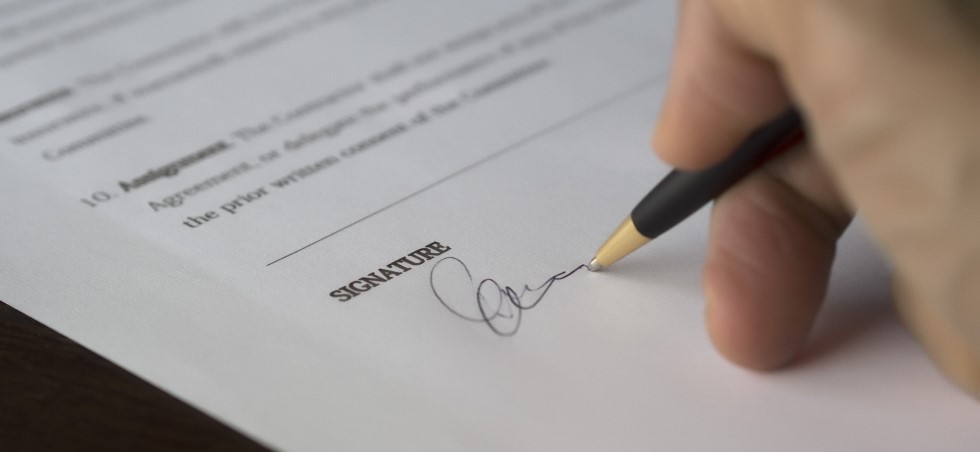International Trade Secretary Anne-Marie Trevelyan has signed a UK-New Zealand free trade deal in a meeting with New Zealand minister Damien O’Connor in London.
After reaching agreement in principle last October negotiators have finalised the deal. In a statement released by the UK government, the new deal “will remove trade barriers on a huge range of UK goods and services and provide new opportunities for British businesses.”
The UK-New Zealand trade relationship was worth £2.3 billion in 2020. According to the government, the new trade deal will increase trade by almost 60%, boosting the UK economy by £800 million and increasing wages across the UK.
The trade deal also offers British exporters flexible rules of origin that the government said will give them “an advantage over international rivals in the New Zealand import market”, which is expected to grow by 30% by 2030.
UK consumers are also expected have access to a standalone consumer chapter, while Kiwi products already available on the UK market could become more affordable, including Manuka Honey and kiwi fruit.
Benefits of the trade deal outlined by the UK government include:
- Tariffs will be eliminated on all UK exports to New Zealand
- Smaller businesses will be able to easily access the New Zealand market because of modernised customs procedures, such as digital documents and customs clearance as quick as six hours
- UK professionals being able to work in New Zealand more easily, and bring their families with them
- Red tape “being slashed” for the 5,900 UK SMEs who export goods to New Zealand and employ 233,000 people.
Confirming commitments to the Paris Agreement, the government said that the new trade deal is “one of our greenest deals yet.” It stated: “[The deal] will liberalise tariffs on the largest list of environmental goods in any FTA to date and encourage trade and investment in low carbon services and technology.”
The government added that the deal was “vital” in building new trade routes for services in the Asia-Pacific region, including accession to the Comprehensive and Progressive Agreement for Trans-Pacific Partnership (CPTPP), a free trade area populated by half a billion people and with a joint GDP of £8.4 trillion in 2020.









